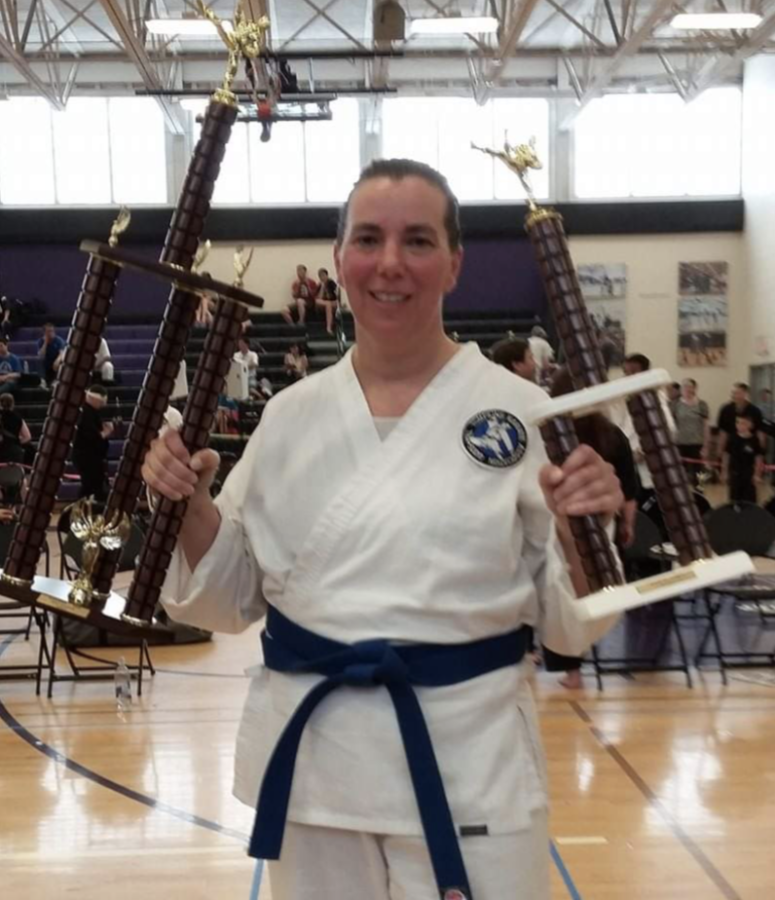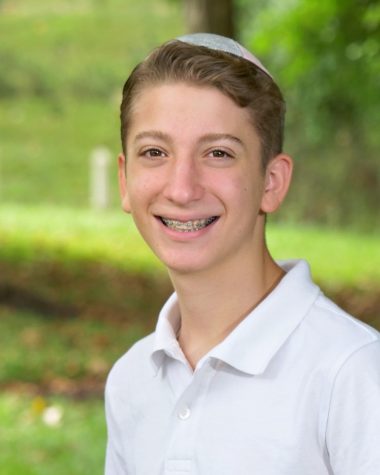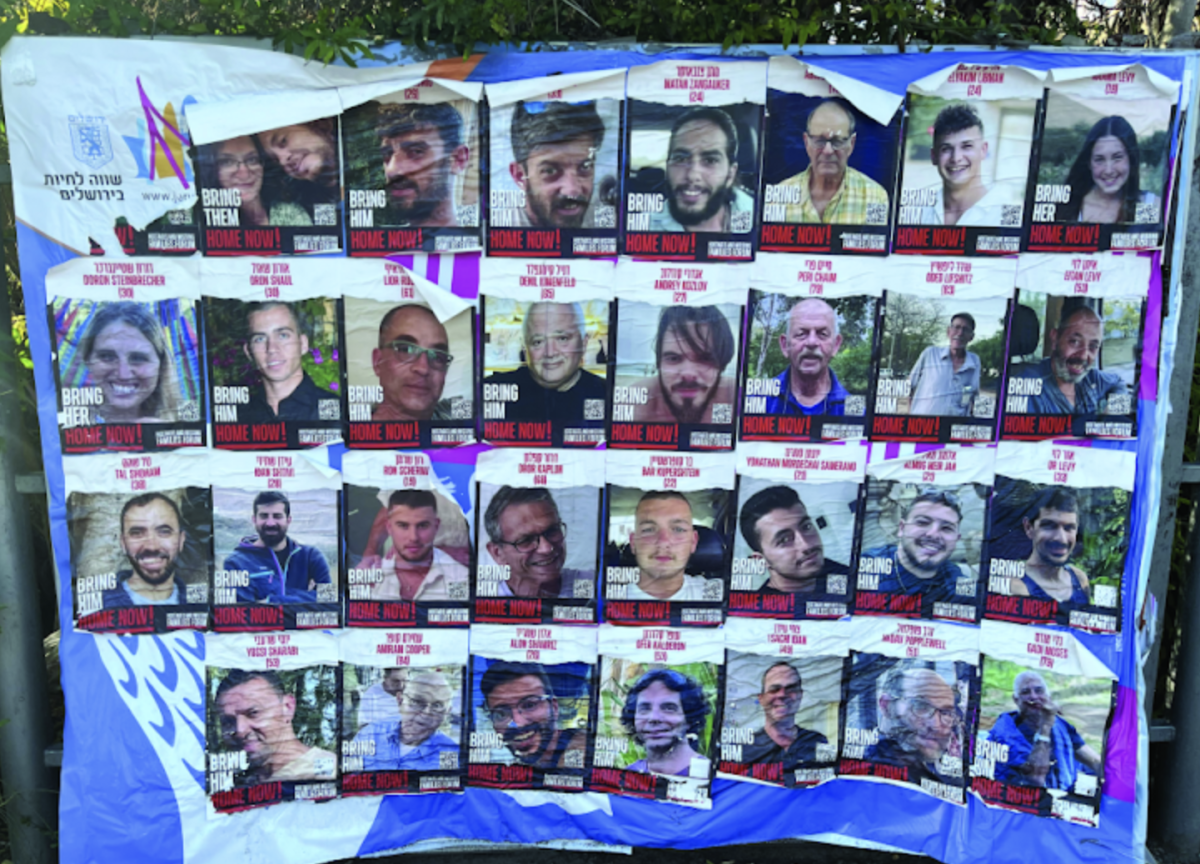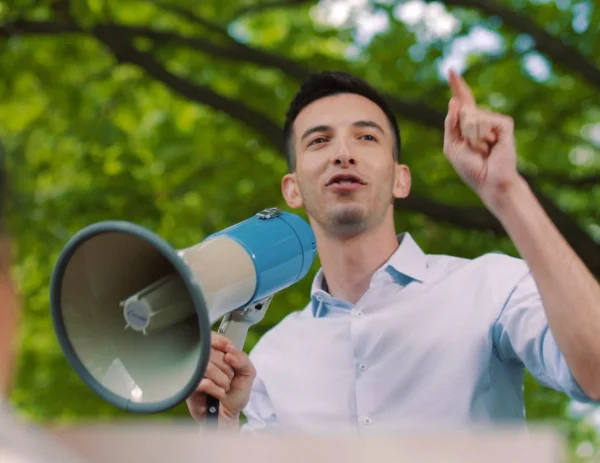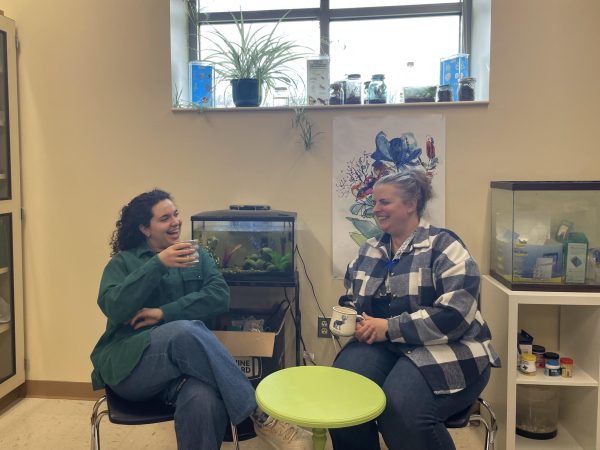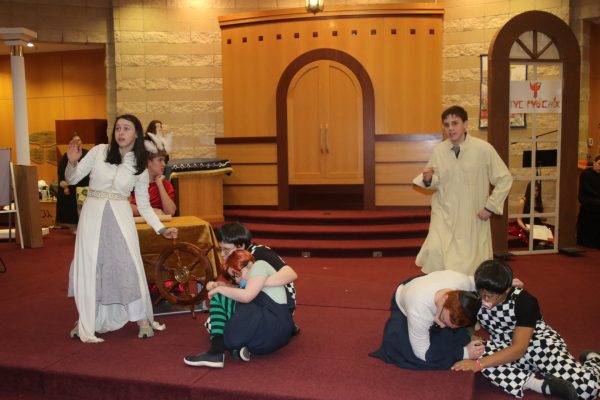From school to the studio
April 4, 2022
Instead of going home after a relentless day on her feet, high school English teacher Melissa Fisanich prepares for the intense, yet fulfilling martial arts workout she is about to take on. Fisanich holds a brown belt in Tang Soo Do, an off branch of Japanese karate.
Fisanich was first introduced to martial arts when she was trying to find a physical activity for her son to do. Knowing that he was a bit shy, she wanted to avoid a team sport and instead focused on researching gymnastics and martial arts. She looked on Facebook and discovered that there was a local martial arts class at the County Recreation Department.
“It was really low-key, I didn’t need to buy my son [the traditional clothing], I didn’t need to join a gym, I didn’t need to do anything, so I signed him up for martial arts,” Fisanich said. “When my son moved up to the intermediate level, I noticed that there was an adult class [which came] after that so I wanted to make my daughter, who was 13 at the time, do an activity…So I said [to her], ‘I’ll do karate if you do it.’”
Since then, Fisanich has continued doing Tang Soo Do with her son at the Tompkins Karate Association (TKA) located in Gaithersburg, Maryland. The adult class meets regularly and is taught by fifth degree black belt and head instructor Jake Rosenhaft.
Rosenhaft began martial arts at age 10 because he was looking for a physical and social outlet and now, he encourages others to do the same. Rosenhaft especially recommends martial arts for adults because of its many physical and mental benefits.
“It’s great because it does provide a physical activity, but it’s different than going to the gym a few times [during the] week. It’s challenging in both intellectual ways and there is opportunity for competition, but the primary focus is really yourself and your own development,” Rosenhaft said. “There is a creative outlet, there is a competition outlet and there is personal improvement which is most important.”
Both Rosenhaft and Fisanich also enjoy the strong communal family dynamics of the Tompkins Karate Association which has largely kept them motivated and engaged with martial arts.
“Now that I have been doing [martial arts] for a while, the TKA [has become] a big family. We joke, we call it the cult. Once you’re in the cult, you’re in the cult and you can’t quit. I have a whole group of friends and I have watched a lot of kids who are my son’s age grow up through the cult. A lot of adults who have started, [did it] mostly because their kids did it and I’m friends with them now, and I’m in. Once you’re in, you’re in,” Fisanich said.
Unfortunately, the COVID-19 pandemic has left a dent in the Tompkins Karate Association, and since then, they have been working to rebuild. There has been a decline in attendance across most levels and classes.
For Fisanich, her pre-pandemic class of 20-25 people has subsided to around 15-16 people. However, Fisanich teaches a kids class of mostly eight and nine year olds which has around the same amount of students as before. Fisanich completed a training course through her school around the same time she received her brown belt which allows her to be an instructor.
“We tend to [as instructors] progress and find opportunities [for our students] to get them teaching both for the opportunity to give back, but also teaching requires you to think about [martial arts] differently and requires you to explore it in different ways then you would as a student,” Rosenhaft said. “She works really well with both kids and adults and is just excellent at communicating and figuring out what each student needs.”
Much of Fisanich’s experience in teaching English is utilized in instructing martial arts such as her skills of calming down a class, answering difficult questions and engaging students in the lesson.
Fisanich is looking forward to testing for the next level of brown belt and the opportunity to compete in tournaments and other competitions again. In the past, she has competed in the Eastern Regional Karate Championship and won several awards.
Tournament season will start again in the fall and Fisanich has been working hard to prepare. In Tang Soo Do, as well as other martial arts, there are five major skills or events to master. Basic motion, forms, one step sparring, grapples and grapes, and sparring. Fisanich has won in both the forms category as well as sparring at the Regional Karate Championships in 2018.
Even on the hardest days, Rosenhaft never senses any exhaustion from Fisanich. While some teachers relax by reading or walking in nature, Fisanich destresses in her own unique community.
“Sometimes it’s busy, sometimes I’m really tired at the end of the day, like anybody who does a sport, I’m tired at the end of the day and I don’t feel like going to a workout… ‘I don’t want to go spar for two hours tonight.’ But, when you go, like any sport, you make yourself do it and you come out of there and you are like, yes, [I did it,”] Fisanich said.


